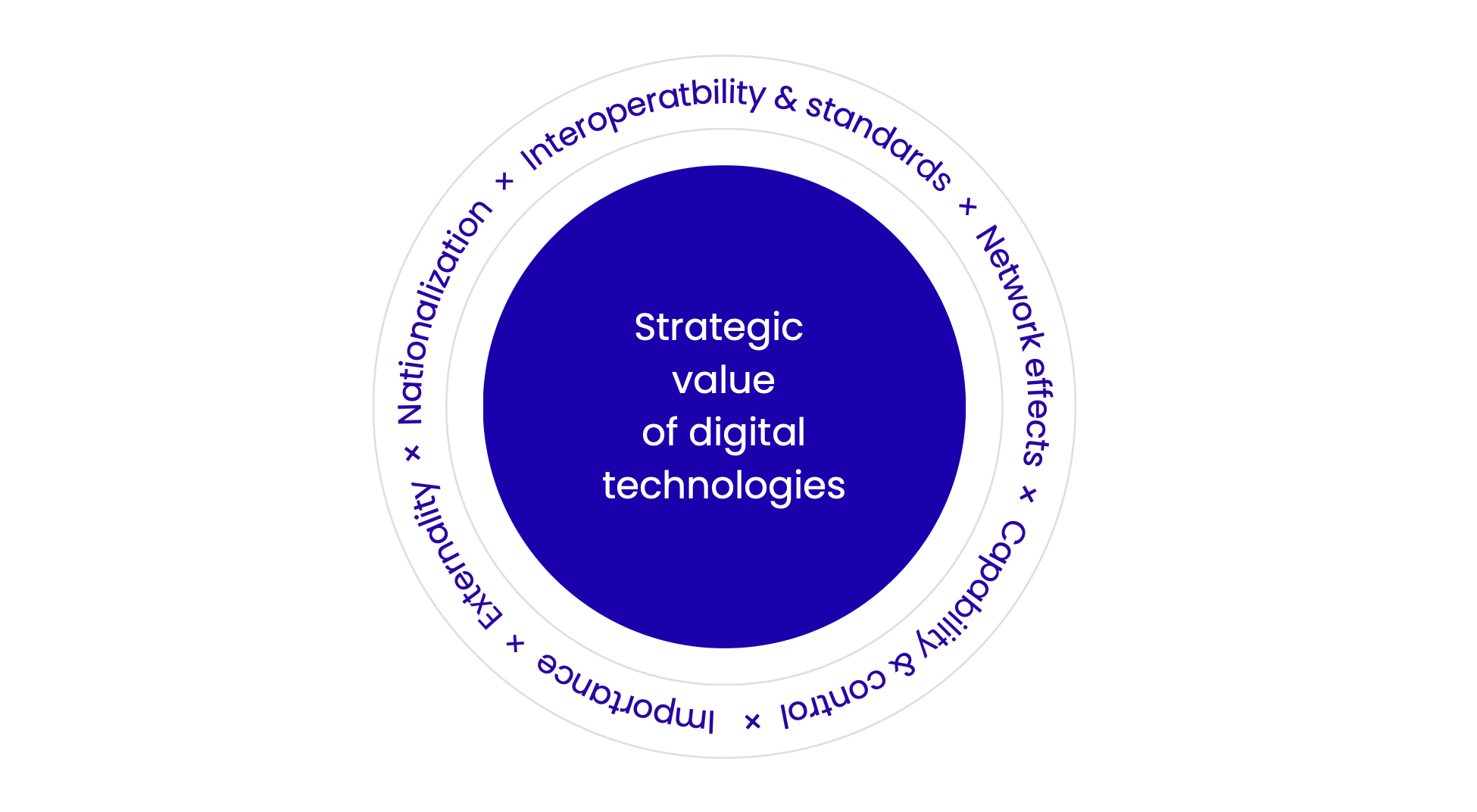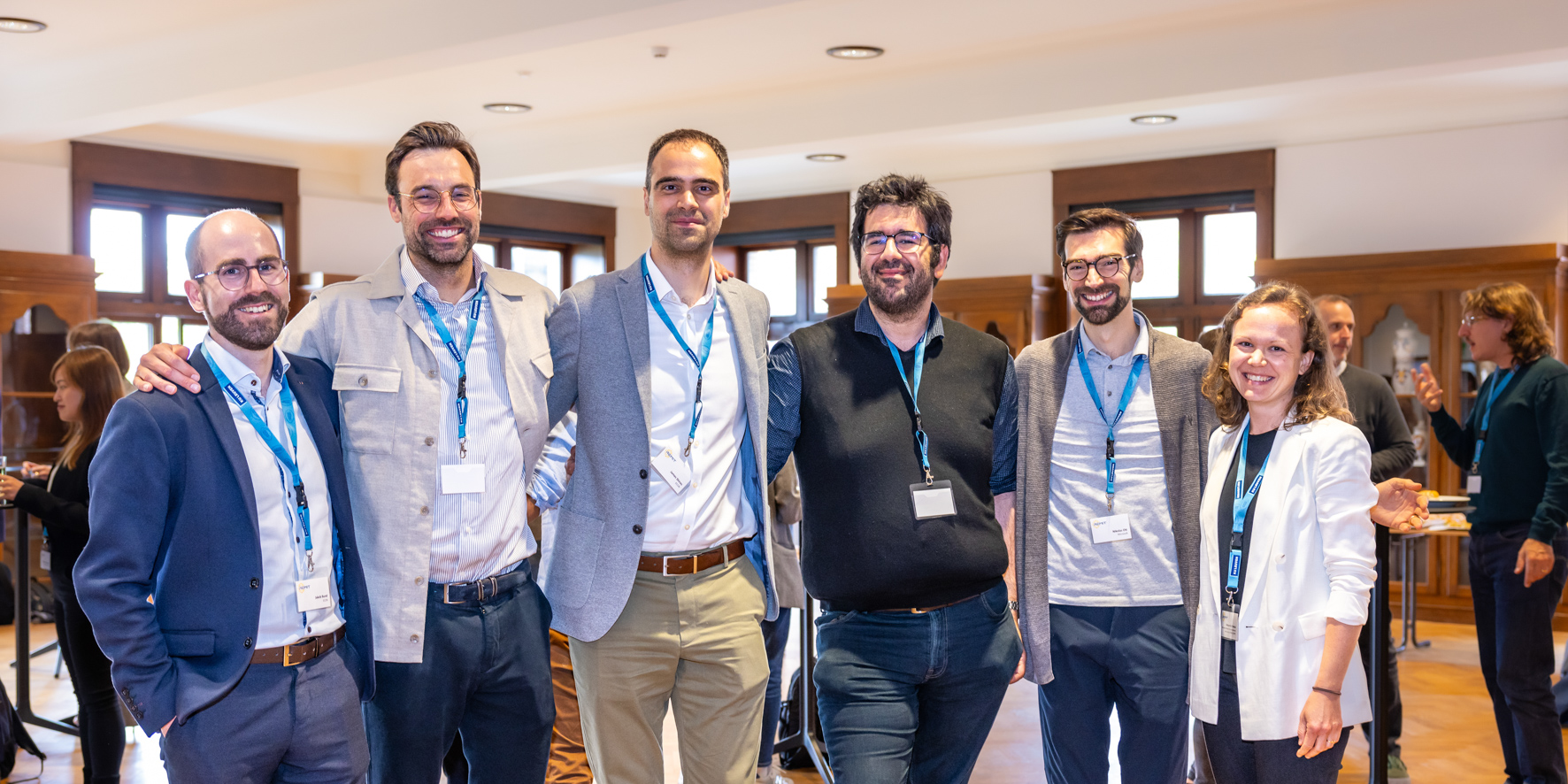
Research Report: The strategic and symbolic value of digital technologies
In a new report released today, ECCRI explores how states attach strategic value to digital technologies. Combining conceptual insights and practical applications, the report introduces and assesses a comprehensive framework designed to identify the strategic properties of critical and emerging technologies.



